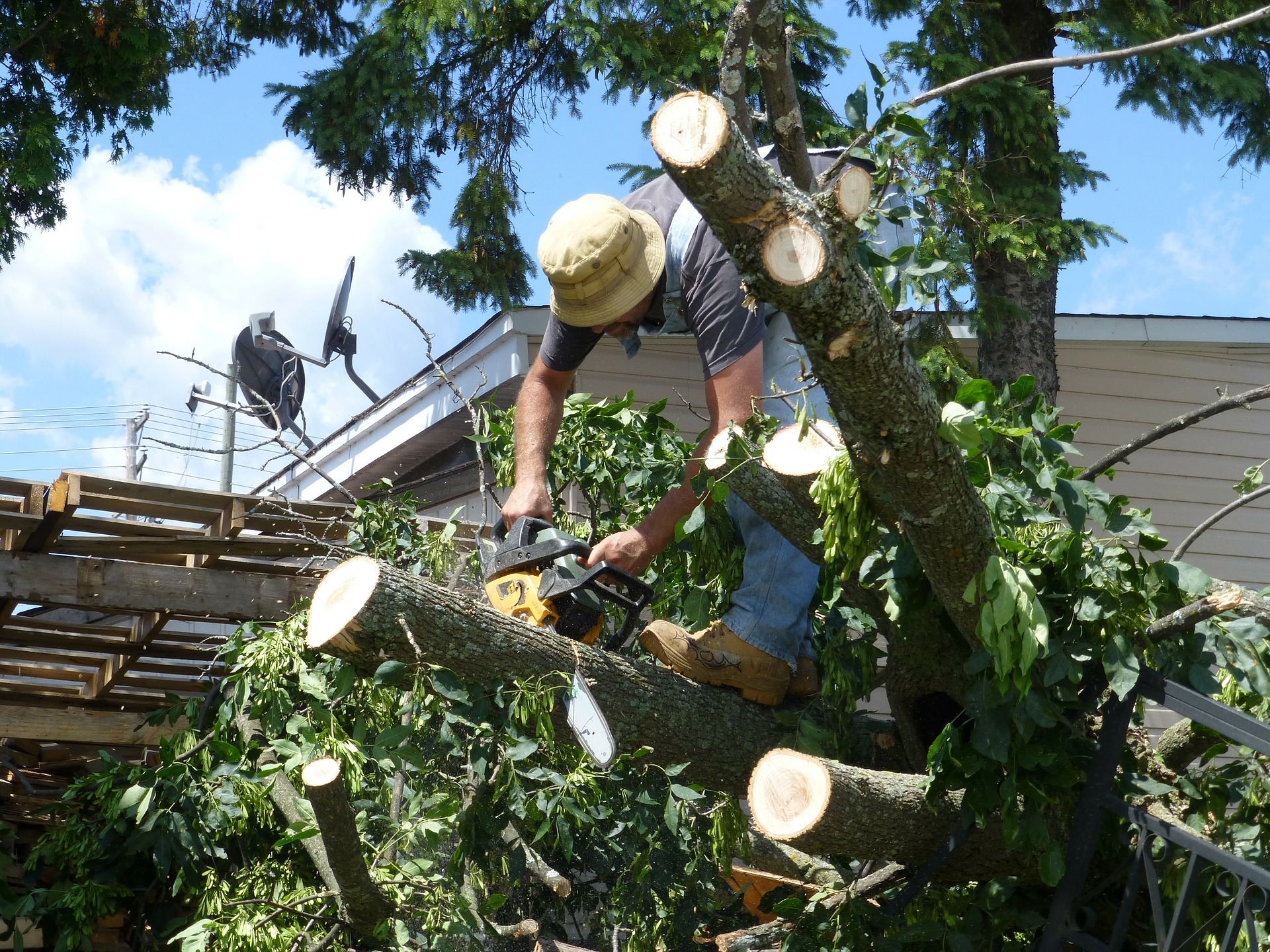
09 Nov Why did my homeowners insurance go up?
Photo: pixabay.comQ. A neighbor’s large tree fell on my house and it took tens of thousands of dollars to repair the damage. Because of that, my insurer has increased the premium on my homeowner’s insurance. Should I appeal that increase since it was no fault of mine that someone else’s tree fell on my house?
— Homeowner
A. You can take some steps to try for a better homeowners insurance premium, but let’s make sure you first understand what’s happened here.
It is usually the responsibility of the homeowner whose property was damaged to file a claim with their insurance company for the necessary repairs, said Claudia Mott, a certified financial planner with Epona Financial Solutions in Basking Ridge.
“Even though the tree was growing in your neighbor’s yard it was an act of nature that caused the tree to fall, not something your neighbor did,” Mott said. “As an example, if your neighbors were in the process of cutting the tree down and it fell, they could be held liable and their insurance company would need to cover the claim.”
So why did your premium go up?
Mott said your policy premium may have increased because you lost a discount that you’d been receiving for being claim-free.
There could be other reasons, but to be sure why, you need to talk to your insurance agent to see what’s behind the curtain.
Mott said insurance premiums are generated with proprietary software and each company’s formula may be slightly different.
“In general, the age, size, replacement cost of your home, credit score and type of construction are all going to factor into the calculation,” she said. “Additionally, the number of people living in the home, where it is located, whether there are pets and the existence of an alarm system can all be inputs as well.”
Most insurance companies will also take into consideration the existence of an “attractive nuisance” such as a swimming pool, trampoline, or playground equipment, Mott said.
Each insurance company also offers discounts that may help reduce the level of your premium, she said.
The most common is “bundling,” which means you have your at least your home and auto with the same provider, and perhaps an umbrella policy as well, she said. You may also get a discount if you’ve been a customer for a long period of time, pay in full, are a non-smoker, are married or retired or live in a gated community. Plus, some home improvements such as leak sensors, upgraded roofing materials, anti-theft systems can also help reduce premiums, she said.
If you haven’t had a review of your current policy in the past couple of years, Mott recommends a meeting with your agent.
“You’ll want to address the question about the tree falling just to be sure you have no recourse, but it is more important to double check that you are getting all the discounts you are eligible for and that the profile of your home is correct,” she said. “A review of your current deductibles could also yield savings on premiums if you are willing take on more risk by increasing them.”
Here’s another key point. Your credit score also impacts insurance premium calculations, Mott said.
Lastly, don’t hesitate to shop around. You’ll never know if you can get a better rate unless you ask.
Email your questions to Ask@NJMoneyHelp.com.

